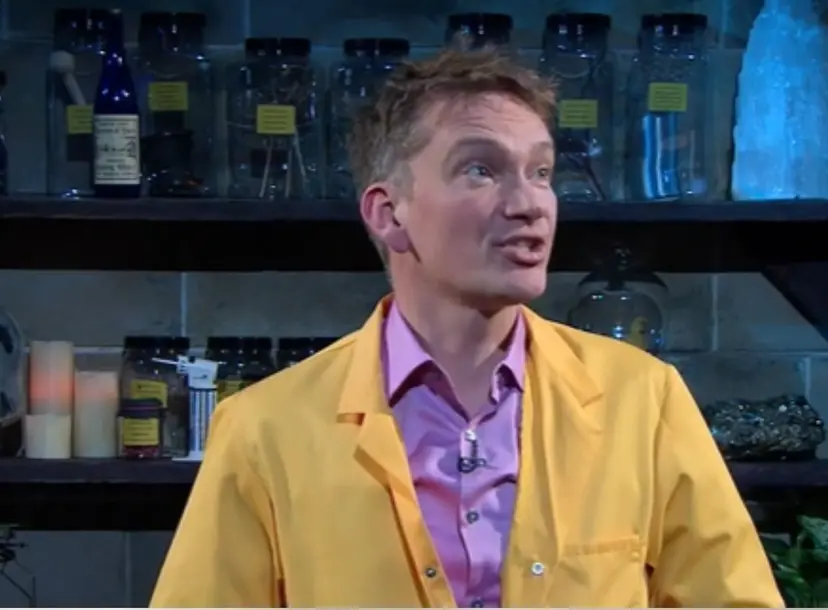Lecture 3 – Earth: the philosopher's stone
The alchemists thought that metals literally grew in the rocks, deep in the bowels of the Earth. They dreamed of replicating these natural processes turning 'base metals' into gold. Today, the extraction of minerals and metals from rocks has made fortunes, but not quite in the way the alchemists imagined.
We now know many rocks are the result of oxygen combining with different elements – each with individual properties. Breaking the strong bonds between oxygen and these elements has always been a challenge. Humankind learned how to release copper in the Bronze Age, and iron in the Iron Age, through smelting. Now we can extract even more exotic materials.
By understanding the properties of materials, such as the silicon present in computers, or the rare earth magnets generating our electricity in wind turbines, we are entering a new era of chemistry in which we can engineer electrons in new configurations for future technologies.
We can now put together the unique cluster of protons, neutrons and electrons that form each of the 80 elements in exciting new ways. If the ancient alchemists were alive today they'd be dazzled by the wonders created by the modern alchemist.
About the 2012 CHRISTMAS LECTURES
When medieval alchemists staged spectacular stunts in front of royalty they never revealed the secrets of their mystical potions and fire-breathing creations. Today's chemists can perform equally impressive feats, but they do so to explain and explore the extreme frontiers of our material world.
Watch Peter Wothers, the modern alchemist, as he unpicks the chemistry of the world around us - looking at air, water and earth - three of the original ancient Greek 'elements' that tantalised alchemists for centuries.
